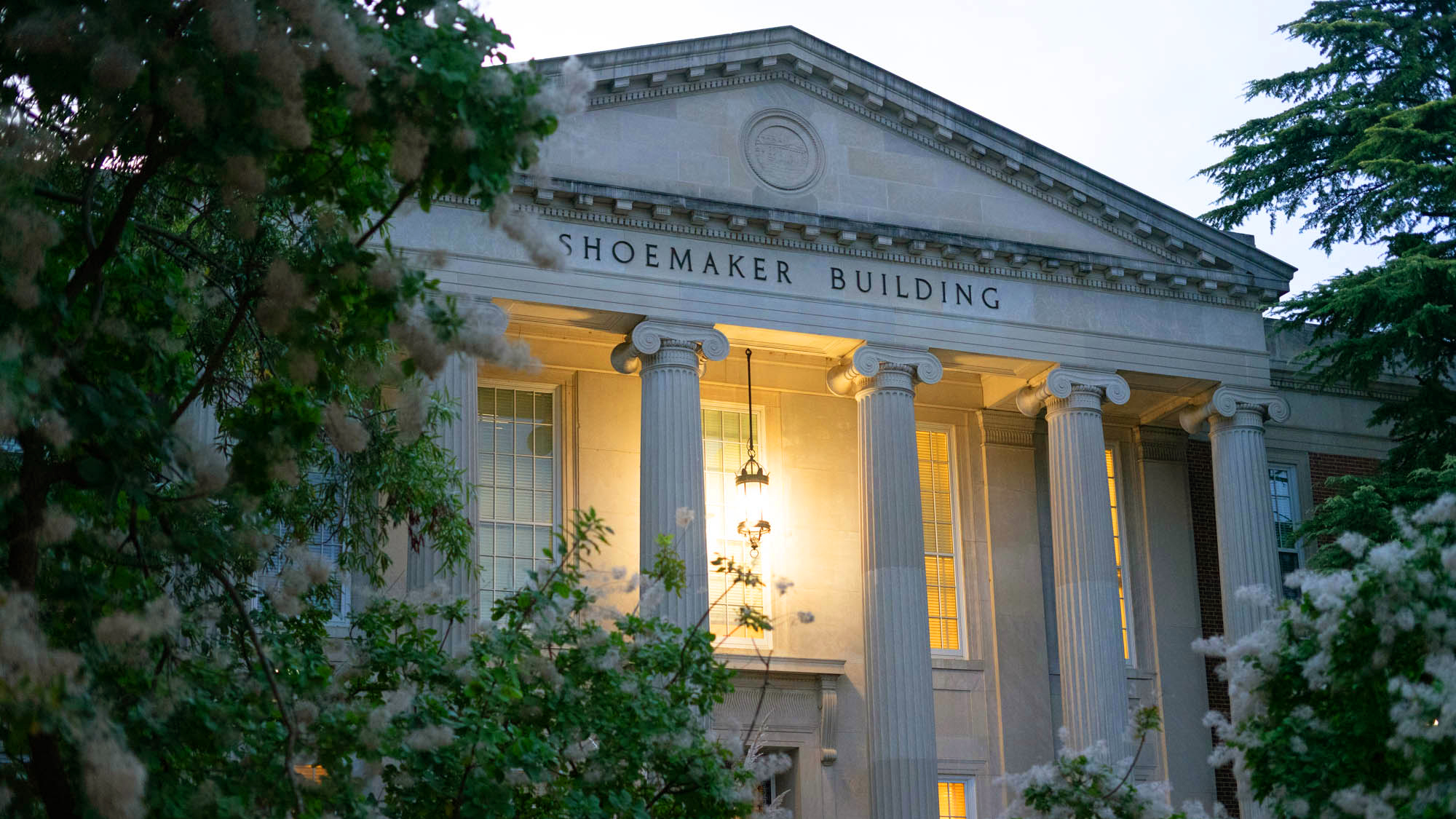In early October, Daniela Artavia Montero sought help from the University of Maryland’s Counseling Center.
But she was told the earliest she could be seen by a professional was in three weeks. The next day, she returned with an academic adviser, who told the person at the front desk that she had to be seen right away.
After that, Artavia Montero got an evaluation appointment in an hour and was able to schedule a follow up appointment for the next week.
“It was a state of emergency by another staff member, then suddenly they had availability for me,” the freshman electrical engineering major said. “So I was made a priority.”
This semester, a larger-than-usual increase in students seeking help at the Counseling Center has led to weeks-long wait times for nonemergency situations. The center has seen a 28 percent increase in clients compared to last fall, center director Dr. Chetan Joshi said.
The Counseling Center offers same-day, unscheduled appointments to “students experiencing an urgent crisis.” But students not in those situations have been left waiting for weeks to secure an appointment.
[UMD works to support mental health of injured college athletes]
Junior fire protection engineering major Siriwipa Kamma was able to get one of these appointments since she informed the person scheduling her appointment that her situation was urgent. But since it also wasn’t urgent enough to call 911, she waited roughly 2.5 hours for the earliest available appointment.
But if it wasn’t urgent, Kamma was warned that she would have to wait for about two weeks.
“But the thing is, I need to talk to someone right now,” Kamma said.
Artavia Montero remains skeptical about the Counseling Center’s claims that students must wait weeks for an appointment, given her experience. However, she also thinks the situation could be improved with extended hours.
The Counseling Center used to close at 9 p.m. before the spring 2021 semester. But limited usage of the late hours caused them to shift the closing time to 7 p.m., Joshi said.
Other mental health resources on the campus, such as the student-run Help Center, are open until midnight on weekdays. But Joshi said he is hesitant to recommend students on a Counseling Center wait list to other groups .
“If somebody has clinical depression that they need treatment for, I would want them to come to the counseling service and get connected to a licensed mental health clinician,” Joshi said.
This semester, the center is seeing slightly lower rates of depression, anger and distress in students than last year, Joshi said. But some students continue to struggle with mental health. Students are facing new challenges, such as the resumption of in-person campus life, said Umailla Fatima, president of the Student Health Advisory Committee.
“I definitely think that there’s a challenge with this transition,” the senior physiology and neurobiology and public policy major said. “I don’t think any of us had room to slowly adjust … there’s a lot of intensity associated with this transition of going back to in person.”
[UMD SGA discusses crime, mental health survey at general body meeting]
The wait times at the center are not new.
In 2018, the student group Scholars Promoting and Revitalizing Care launched a campaign to shed light on how long it took for a student to receive an intake appointment at the center. The campaign, “30 Days Too Late,” called for more funding for the counseling and health centers, as well as an increase in the number of counseling sessions available.
But the wait is unacceptable for students like Artavia Montero.
“Anyone who has to go to the health center to take care of their physical health, we’re not going to tell them that their condition can wait a month because it might not be able to wait a month,” Artavia Montero said. “So telling students that [they can wait] regarding our mental health is just sending out a very, very bad message to students.”
The university’s counseling center can be reached at (301) 314-7651.



